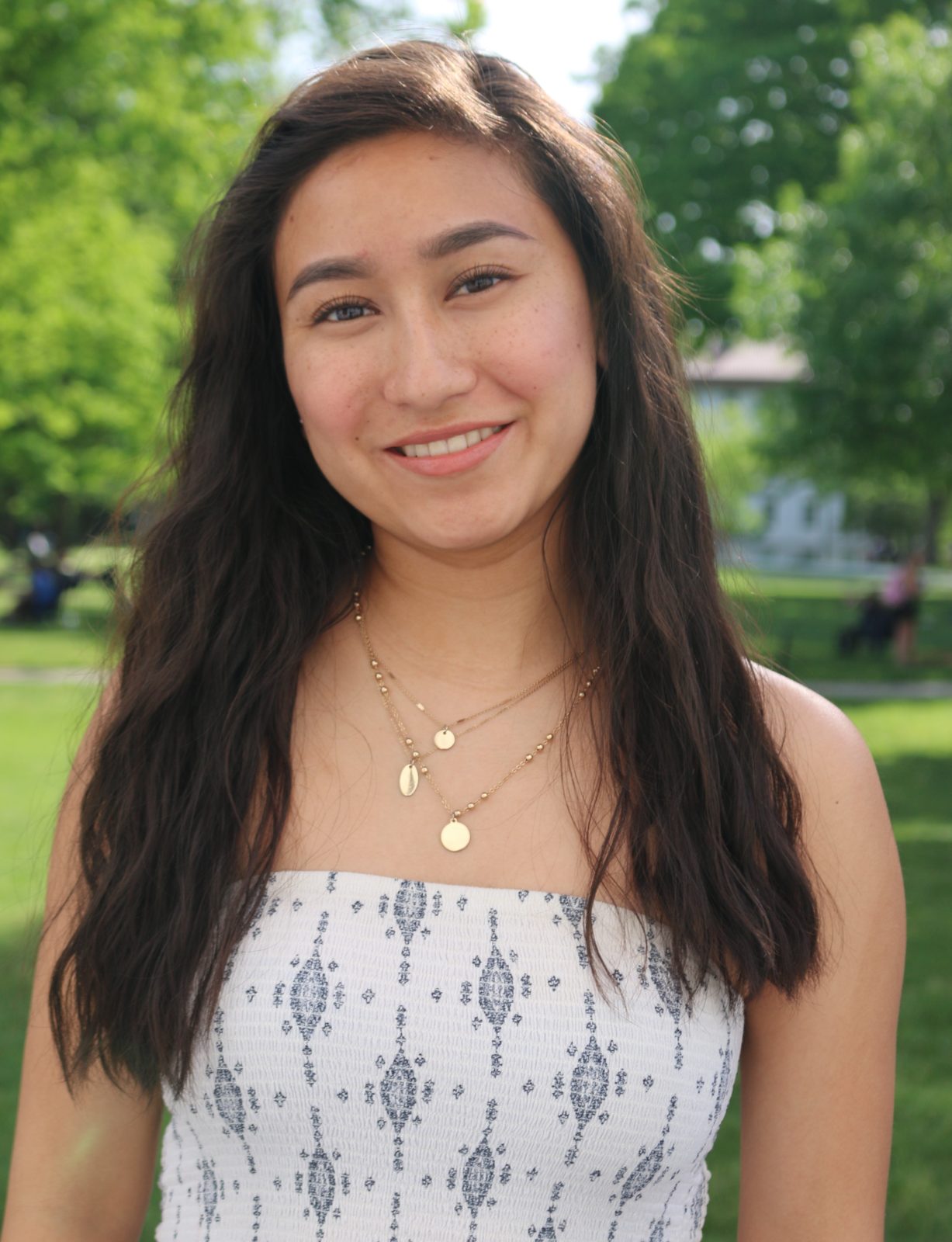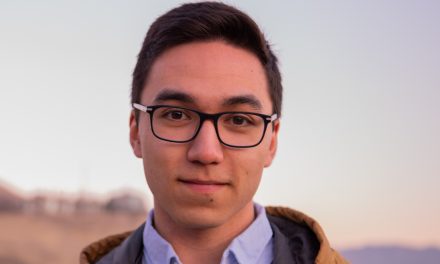As a first-generation college student at High Tech High Chula Vista, a high school in San Diego with predominantly low-income, first generation students, Rafely Palacios (19C) noticed that her more affluent classmates were able to more easily procure costly resources like college admissions consulting. This realization sparked her interest in education, and would eventually lead her to major in it at Emory. The only roadblock was that, as she began to develop a passion for the subject, Emory’s department had begun to shutter its doors.
She was initially told by administrators that she would only be able to minor in the subject. But eventually, after accruing enough credits in the major, she successfully convinced administrators to allow her to graduate in Spring 2019 as a double major in educational studies and international studies, making her the last Emory student to major in educational studies.
The educational studies department was closed as part of a broad downsizing, orchestrated by former College Dean Robin Forman. Non-tenured faculty in the department were let go, and tenured professors were given the option to move to a new department. The closing of the department was announced at a faculty meeting in fall 2013, and took four years to execute fully, allowing time for majors to graduate.
Palacios said that the disparities she witnessed at her high school formed part of her initial drive to pursue education.
“When we were all applying to colleges, we all had different experiences,” Palacios said. “[Affluent students at High Tech High] were able to hire people to do their essays and to help them with the application itself, and I didn’t have that help. So I just noticed these discrepancies between our experiences and knew that I wanted to do something about that.”
Once at Emory, Palacios joined Emory Graduation Generation, an organization that seeks to increase the graduation rate at low income schools. Her involvement pushed her to pursue a major in educational studies. Palacios was also keenly interested in History of American Education, a class she took with Amber Jones. The course convinced her to take more classes about education.

Rafely Palacios (19C), last educational
studies major at Emory College./
Ayushi Agarwal, Photo Editor
Opportunities on campus were already sparse when Palacios arrived as a freshman, with only four to five classes offered in the education department that year. The trend only worsened in later years as the department continued to shrink.
“[During] my junior year, there was one class, and this year there was only one class again,” Palacios said. “Every semester I’ve been here, [there have] been less and less classes, less and less opportunities to know about different educational issues and theories.”
Former head of the Education Studies Department and current Associate Professor of Mathematics Bob Jensen said that the decision was made at a time when the university was trying to cut costs and move resources to bolster existing departments that could bring the university renown.
Palacios considered transferring to another school with more plentiful resources in educational studies after realizing she would face a dearth of opportunities at Emory. However, professors, advisers and friends convinced her to stay, suggesting that she could expand her study of education in graduate school if she wasn’t able to major in it at Emory.
After Palacios’ junior year, a windfall came for the few students left on campus still interested in pursuing education. Vanessa Siddle Walker, Samuel Candler Dobbs Professor of African American and Educational Studies and president of the American Educational Research Association (AERA), helped establish the Horace Tate Scholarship in 2018, awarded by Emory to six students who would continue engaging with educational issues and topics.
The Horace Tate Scholarship has consisted thus far of a seminar with Siddle Walker entitled AAS 485: Education and Community and engaging in fundraisers to fulfill the needs of Towers High School, a predominantly African American low-income public school in DeKalb County.
The Scholars have also worked to offer more opportunities for students at Towers. Alongside Towers Principal LaKeisha Griffith, Palacios and the other Scholars worked to partner with businesses to fundraise in order to raise the school’s status. This semester, the group is working to bring students to Emory’s campus for a college fair. Another focus for the semester was helping Siddle Walker prepare to attend the annual AERA conference, which the Scholars attended as well. Palacios highlighted this as a unique opportunity to engage with scholars in the field.
“Thousands of professors, educational researchers and doctoral students attend [the conference]. It was a really wonderful opportunity,” Palacios said. “[The Horace Tate Scholars] are the last people on Emory’s campus that are studying education … and Dr. Siddle Walker has provided us with so many opportunities to be able to that,” Palacios said.
Palacios said she was recruited into the program by Jaleyah Walker (17C), who asked her if she wanted to take a course with Siddle Walker. Though all Horace Tate Scholars were selected because of their interest in studying education, Palacios is the only one pursuing a full major in educational studies. Other majors pursued by scholars include African American studies and political science.
Dr. Barbara Coble, partnerships manager at Graduation Generation, attested to Palacios’ strengths in community engagement and mentoring. Coble served as Palacios’ instructor during an independent study where Palacios lead the Paving Our Futures program, under the Graduation Generation organization, mentoring high school students and preparing them for college.
“[Rafley] is a great role-model, not just for the K-12 students she works with, but for Emory students as well,” Coble said. “I’ve had several independent study students over the course of the 8 years that I’ve been at Emory, and this experience with Rafely has been the most productive.”
Despite her success in education-focused extracurriculars, Palacios said the College was not keen to officially recognize her as an education major.
“We had to go through this whole process because [Senior Associate Dean Joanne Brzinski] had to approve of me being the last education major,” Palacios said. “[That meant] going through different levels and different people just so that I could get approved.”
Jensen, the former director of the education studies department, was key to helping Palacios fulfill the requirements. Though Palacios initially had difficulty meeting the requirements to minor in educational studies, as some required classes were no longer offered, Jensen advised her on how to fill the gaps with other courses, including her freshman seminar about educational technology. After four years of education classes, Palacios finally decided to broach the topic of officially becoming a major.
“This semester [Spring 2019], I reached out to [Jensen] and said I had taken more than 11 classes that are related to education, and again he was extremely helpful and was able to find substitutes for other classes,” Palacios said.
Jensen, who will retire in Summer 2020, believes that the legacy of the program lies with the graduates it produced, a legacy that will continue with Palacios. He commended Palacios for her perseverance in pursuing the subject despite the department’s closure.
“[Palacios] was very remarkable in what she did as a freshman,” Jensen said. “She was proactive, and very few students are that aware as freshmen.”
After graduating, Palacios plans to take a gap year to work in college advising. She then hopes to earn her master’s degree in teaching from either the University of California, Los Angeles or Stanford University (Calif.) before pursuing a doctorate and eventually working in education policy.



